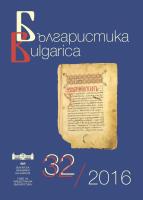
We kindly inform you that, as long as the subject affiliation of our 300.000+ articles is in progress, you might get unsufficient or no results on your third level or second level search. In this case, please broaden your search criteria.

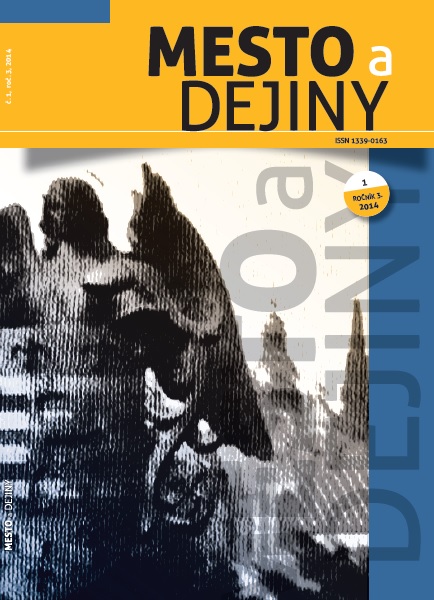
Between Moravia and Prussia there was an important medieval route passing through the economic and political centres (Olomouc, Opava, Raciborz, Krakow and Torun). A very important medieval route existed between Moravia and Prussia, connecting the economic and political centres (Olomouc, Opava, Raciborz, Krakow and Torun). Situation on this road made it possible to research the continuous material and ideological transfer, the existence of which is evident from the archaeological finds in Opava region. We have compiled three thematic groups of artefacts which include utility ceramics, numismatic material, and sacral artefacts used by pilgrims. Within the identified system, various groups of travellers including merchants, artisans, diplomats and pilgrims can be detected.
More...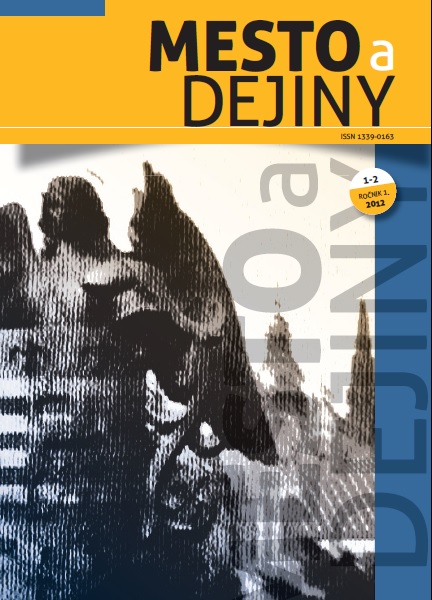
The history of Košice in the 16th century exemplifies a Micro History of the Reformation including all local particularities. The three persons from the church background in the town represent three characteristic types and three developmental phases of initial period of the Reformation in Košice. During this time the initiative shifted from clergy to the city council, which unprecedentedly extended his competence into theology and mainly liturgy. At the same time, contact with other towns in the region and also with Wittenberg was reinforced due to the correct interpretation of reformation teachings. At that time, the city council presented itself as a competent institution with the right and the duty to uphold the responsibility for religious issues also in theological meaning.
More...
The paper deals with issues pertaining to the relations and communication between the representatives of the town administrations in Košice, Bardejov and Prešov in the 15th century. The reflection of these relations may be found in correspondence preserved in the archives of these towns. These documents have made the author to note that mutual cooperation was developed among the towns, especially in the field of the town diplomacy by sending common town delegates to the Royal court and high dignitaries of the Kingdom and to the common consultations of the towns. Military aff airs and espionage were another area of cooperation between the towns. If the towns were not directly threatened, in many areas (economy, trade) they acted like rivals. One example is the cause between Bardejov and Prešov because of bleaching linen, lasting for the whole 15th century.
More...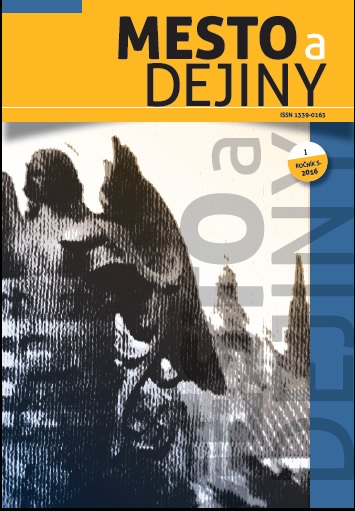
5TH ASSEMBLY OF CR OATISTS IN BRNO; XI. INTERNATIONAL CONFERENCE OF CZECH, SLOVAK AND CZECHOSLOVAK 20TH CENTURY HISTORY; EUROPEAN SOCIAL SCIENCE HISTORY CONFERENCE(ESSHC); PETER CLARK: A GLOBAL PERSPECTIVE ON THE EUROPEAN CITY; 15TH ASSEMBLY OF SLOVAK HISTORICAL SOCIETY AT SLOVAK ACADEMY OF SCIENCES; THE CREATIVE CITY II. CITIES IN INTERA CTIONS; GUEST LECTURES ORGANIZED BY THE DEPARTMENT OF HISTORY, FACULTY OF ARTS, PAVOL JOZEF ŠAFÁRIK UNIVERSITY IN KOŠICE 2015/2016
More...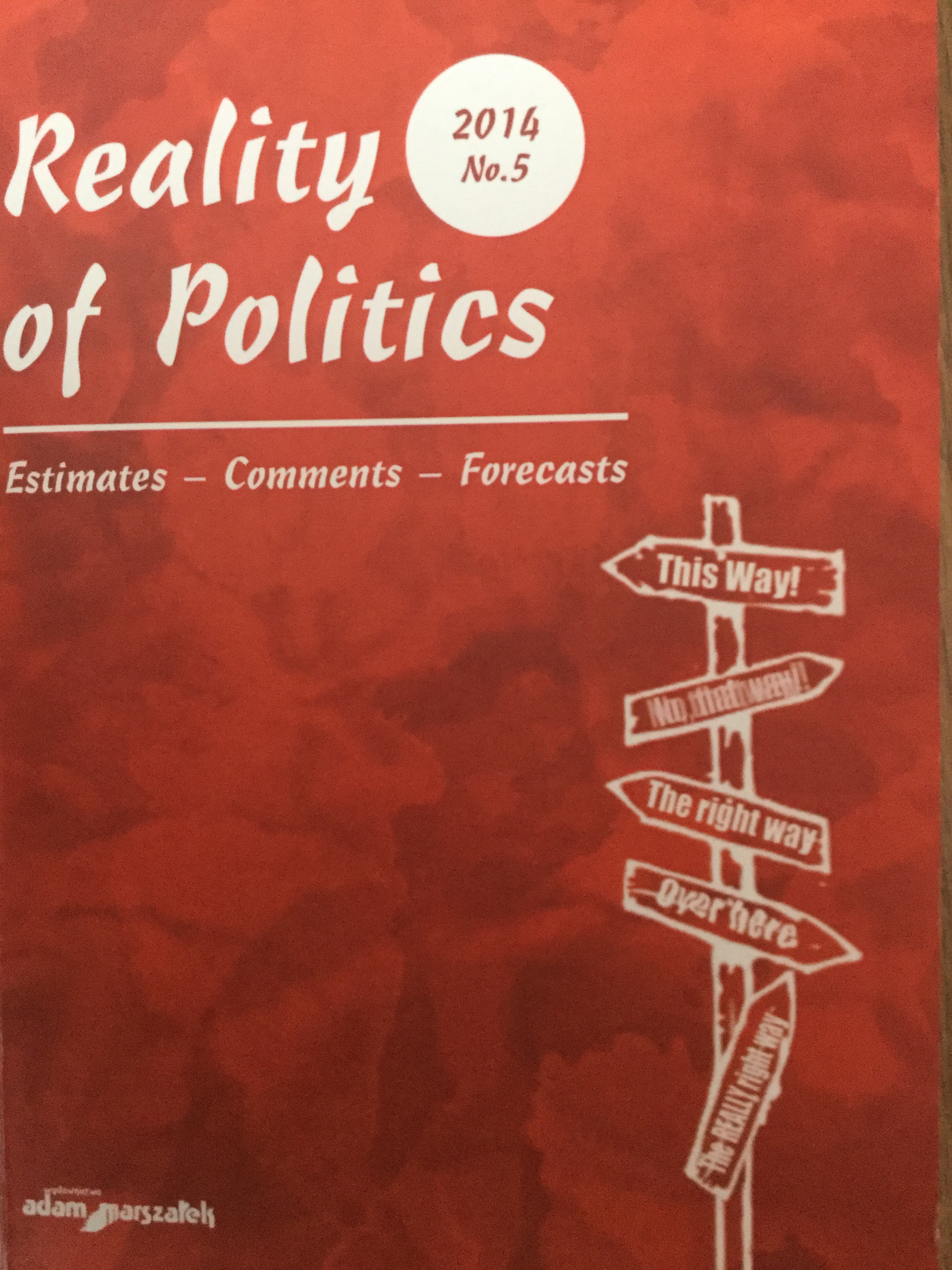
The article outlines the role of the EU in resolving the armed conflict in the western Sudanese province of Darfur, and explains the important role played by the EU in its engaged in peacekeeping and that guided his condition, as well as how it actions and decisions were received by the Darfurians and the government in Khartoum. Unfortunately, the nature and progress of the conflict, and above all, the great ignorance of the region and the population, makes all attempts to resolve the conflict are ineffective. Through these years, the EU has introduced a number of resolutions, declarations and sanctions. All this was not only to save the life of hundreds of thousands of civilians, but also opposition to the regime and impact on its interests. Unfortunately, there was no general coordination of EU the actions, not only in Darfur, but also in the whole of Sudan. That resulting chaos in actions related to the quality of cooperation between the EU bodies. There was no close co-operation aimed at planning of aid from the United Nations, also because it was a kind of rivalry between EU and UN organizations who want to be seen as a major mediator in peacekeeping.
More...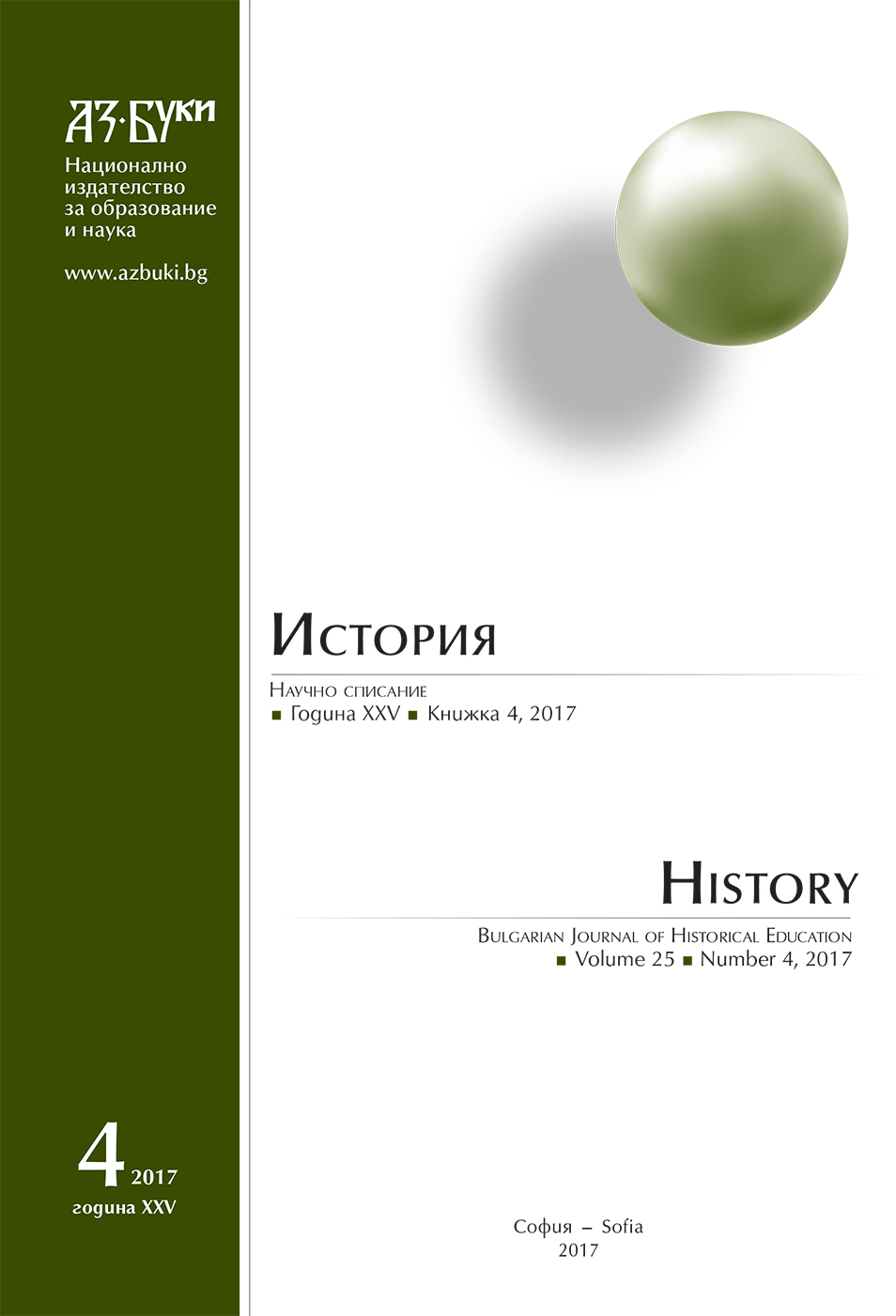
This article deals with the genesis and development of Old Great Bulgaria, founded by khan Kubrat in the VII century. We will use all extant sources, as well as most of the existing literature on the subject.
More...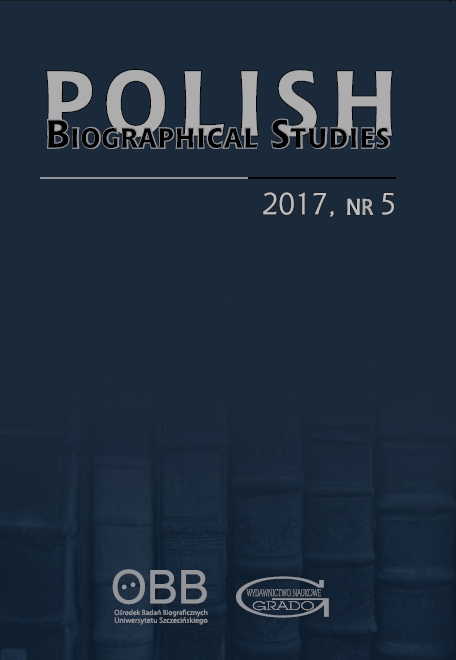
The existing „Code of Ethics for Employees” in Poland, as well as other documents prepared by representatives of all sciences gathered in research institutes of the appropriate reputation, do not in themselves distinguish between the specific characteristics of particular fields, especially between the humanities and nature sciences, The scientist in itself based on the general ethical standards in force in the European cultural circle. The purpose of this article is to attempt to exemplify the ethical dangers inherent in its scientific activity, and which derives from the specificity of the theory of historical cognition, whose verification differs fundamentally from the verification of conclusions formulated by rigorous sciences or social sciences based on statistical methods. This task was also undertaken with an indication of differences in the intensity of problematic ethical issues depending on the intent and object of historical research.
More...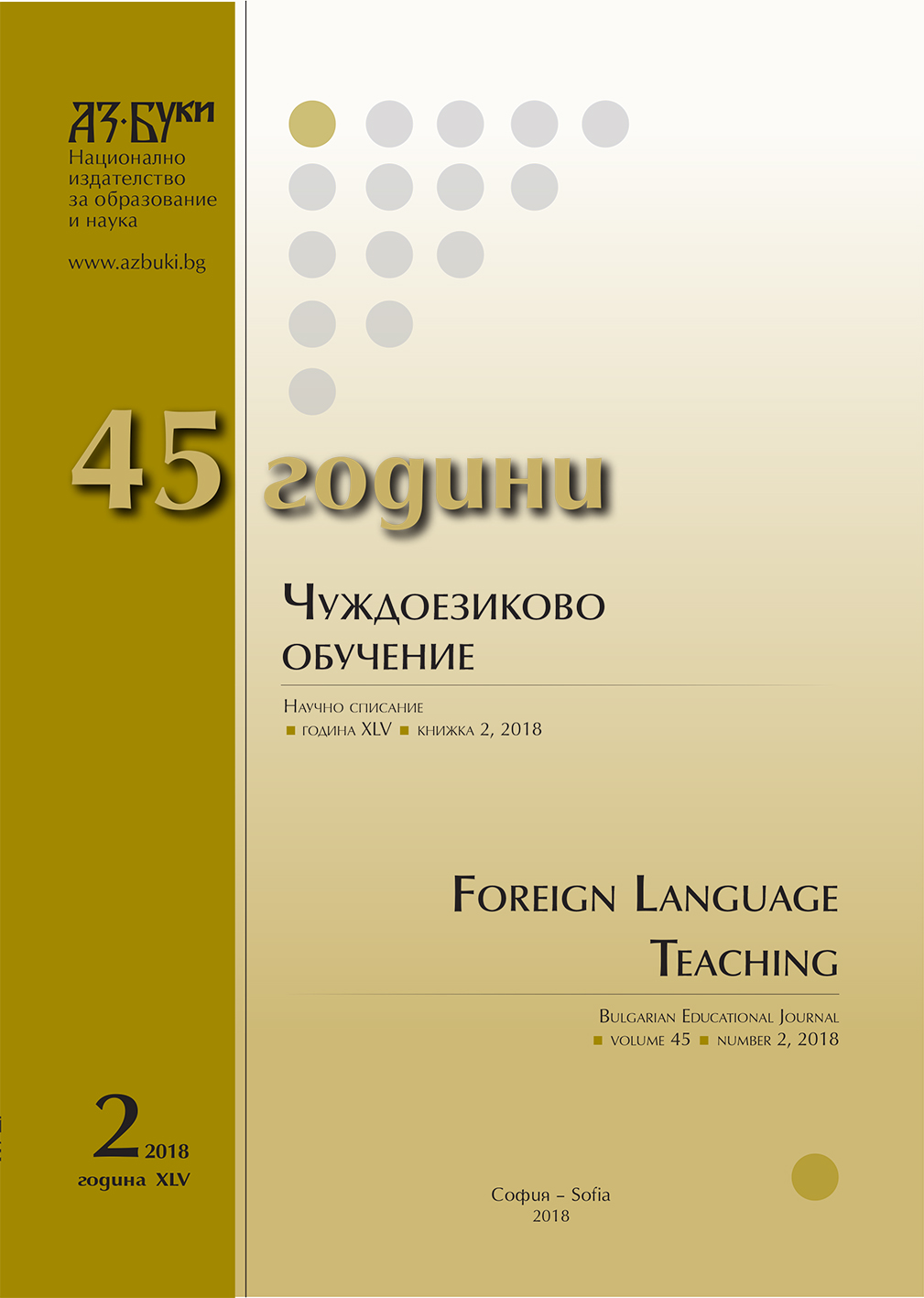
The text discusses the two main trends for the ethno genesis of the Armenian people – the theory of indigenous origin, or at least the very ancient presence of the Armenians on the territory of the Armenian Plateau and the theory of their migration. The second theory – supported by information from various written sources - considers the Armenians as emigrants from the Balkans.The article also examines a number of lexical influences on the Armenian language – from the layer of its own Armenian root words, whose foundations can be recovered or traced back to the Indo-European language spoken thousands of years ago by the ancestors of all Indo-European peoples, to present days.
More...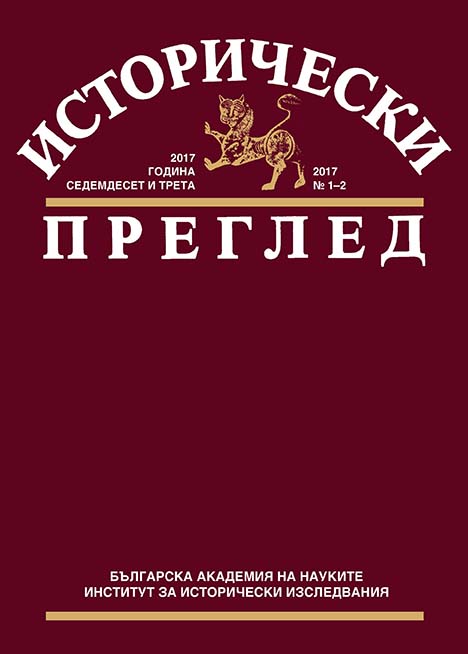
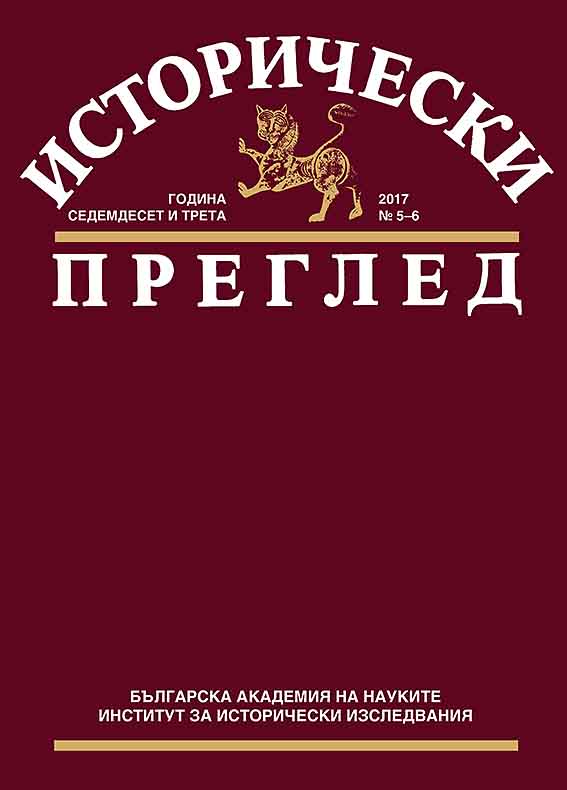
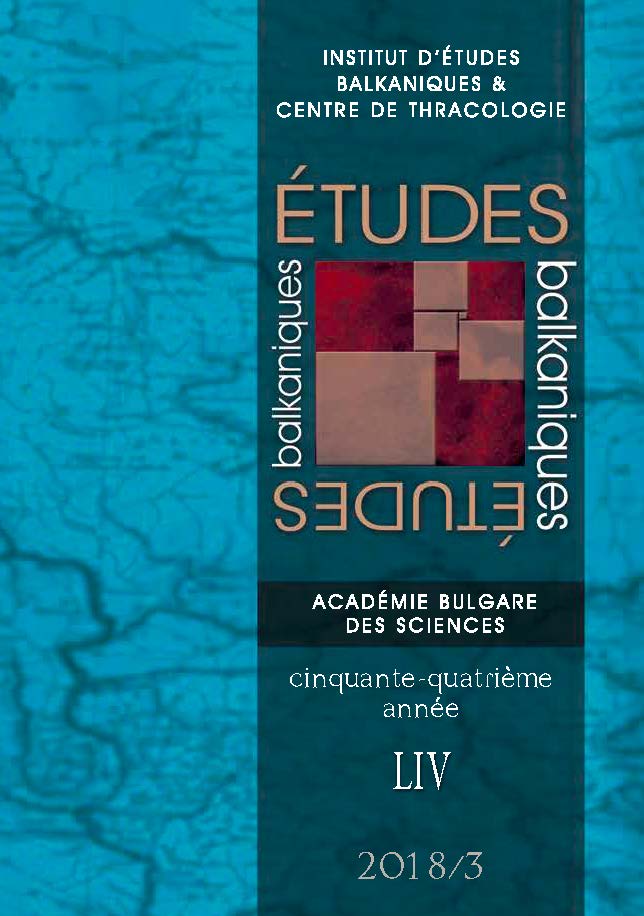
Thessaloniki was the biggest city conquered by the Ottomans before Istanbul. Furthermore, it was conquered by force. Thus, this city is a good example for researchers to understand how the Ottoman state transformed a Byzantine metropolis into an Ottoman one, starting from a zero point – in terms of the population – in 1430. This paper, based on a meticulous analysis of the three extant Ottoman tax registers of the first Ottoman century and a variety of other sources, tries to discern the urban and demographic development until ca. 1530, when the Ottomanization process had been accomplished and Thessaloniki became an Ottoman metropolis, having, together with Edirne, the highest population in the Balkans.
More...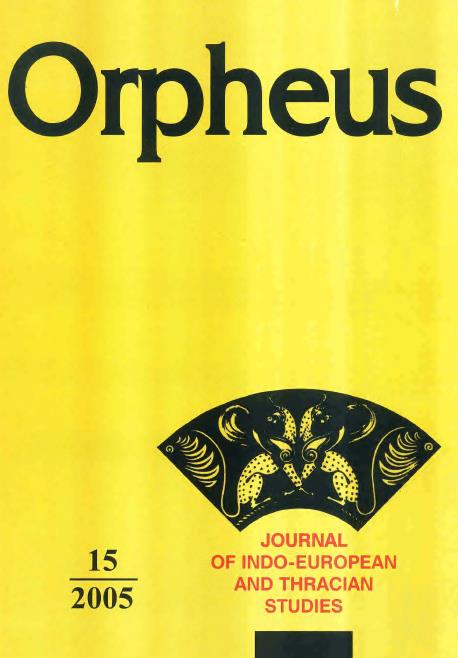
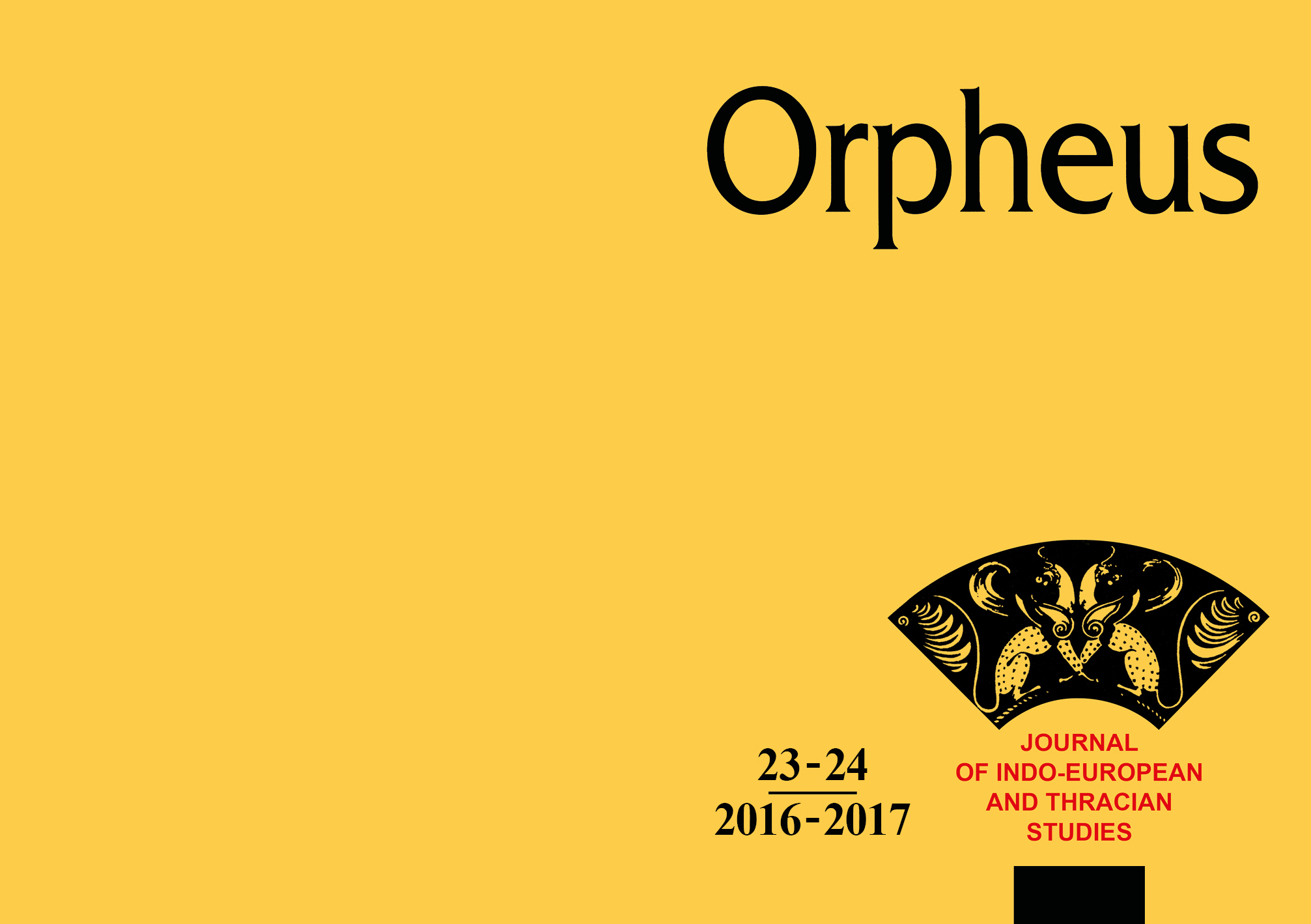
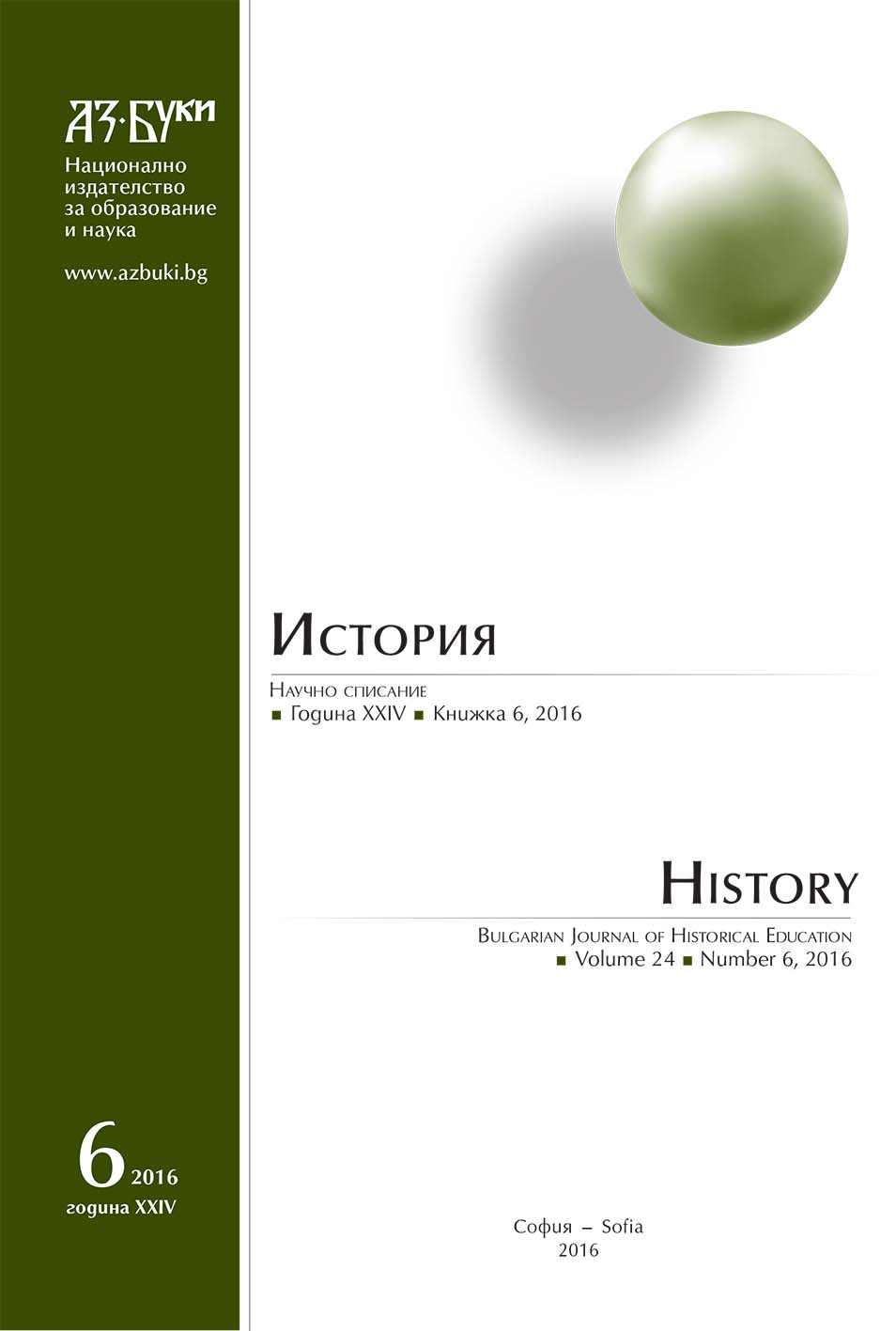
From the late nineteenth century together with the rise of modern nationalism, a widely spread belief is that there is a natural antagonism between the nations, which also affects the field of culture. This seems particularly clear in the territories inhabited by people of ethnic groups that are not dominant and constitute the centralized European powers such as unified Germany and Russia. The article presents some aspects of the Russia‘s cultural policy towards Polish lands in the late nineteenth and early twentieth century. Part of this policy is the construction of monumental objects with civilian or religious purpose in the Polish cities, whose architecture hints at Russian traditions and their functions are considered a symbol of foreign domination.
More...
The paper examines the evolution of living standards over the last millennium, viewed through the prism of the body height of the inhabitants of the Polish lands. Body height is determined by both genetic potential and by living conditions. The highest values were recorded in the late Middle Ages and in the second half of XIX century
More...
This article analyzes the case of separatism in post-soviet Georgia. Starting from the main causes that led to the secessionist movements, the cases of South Ossetia and Abkhazia are described in detail. Throughout the article, the position of the Russian Federation regarding one disputant’s claims or another will be defined. Russian implication on this matter through the peacekeeping forces has had a great impact on the development of the situation. Considering this fact, there was a possibility for a potential ceasefire and to establish some interstate relations, only under Russian monitoring.Most of the conflicts taking place in the South Caucasus region imply the presence of the Russian state. Nevertheless, their political elites overestimate the capability of Moscow in the proceeding to find an equitable solution that would benefit all theconflictual sides.
More...
In the section “Three Voices”, Václav Rameš, Matej Ivančík and Jóhann Páll Árnason discuss a book of essays on post-communist transformations and neoliberal hegemony by the German-Austrian historian Philipp Ther, published in English under the title "How the West Lost the Peace: The Great Transformation Since Cold War". Ther’s essays are a blend of historical analysis and contemporary insights, offering an interpretation of how neoliberal policies, economic upheavals and political reactions have collectively shaped modern Europe. Using Karl Polanyi’s concept of the “double movement” of the pendulum of history as a lens, Ther links the past to the present, highlighting the effects of unregulated capitalism and the recurrent social need for protection, emphasizing the interplay between domestic developments and global trends, and the intricate balance between national policies and international pressures. Rameš situates Ther’s work within the broader European historiography after the fall of communism and emphasizes the author’s shift from the data-centred analysis he presented in his 2016 publication "Europe since 1989: A History" to a more interpretive and politically engaged approach. While he appreciates Ther’s historicizing emphasis, comparing post-communist changes with long-term developments since the Industrial Revolution, he draws attention to his ambivalent and inconsistent definition of neoliberalism. He also reveals several translation errors in the Czech edition that misinterpret Ther’s arguments.
More...
In the section “Three Voices”, Václav Rameš, Matej Ivančík and Jóhann Páll Árnason discuss a book of essays on post-communist transformations and neoliberal hegemony by the German-Austrian historian Philipp Ther, published in English under the title "How the West Lost the Peace: The Great Transformation Since Cold War". Ther’s essays are a blend of historical analysis and contemporary insights, offering an interpretation of how neoliberal policies, economic upheavals and political reactions have collectively shaped modern Europe. Using Karl Polanyi’s concept of the “double movement” of the pendulum of history as a lens, Ther links the past to the present, highlighting the effects of unregulated capitalism and the recurrent social need for protection, emphasizing the interplay between domestic developments and global trends, and the intricate balance between national policies and international pressures. Ivančík approaches the book from a social-historical perspective and focuses on the question of how far Ther’s theses can be applied to the Central and Eastern European experience. While he agrees with the author’s application of Polanyi’s concepts and his critique of neoliberalism as an ideological force characterized by the “mobilization of poverty”, he also suggests that Ther’s reference to the global movement of the “political pendulum” seems somewhat forced at times.
More...
In the section “Three Voices”, Václav Rameš, Matej Ivančík and Jóhann Páll Árnason discuss a book of essays on post-communist transformations and neoliberal hegemony by the German-Austrian historian Philipp Ther, published in English under the title "How the West Lost the Peace: The Great Transformation Since Cold War". Ther’s essays are a blend of historical analysis and contemporary insights, offering an interpretation of how neoliberal policies, economic upheavals and political reactions have collectively shaped modern Europe. Using Karl Polanyi’s concept of the “double movement” of the pendulum of history as a lens, Ther links the past to the present, highlighting the effects of unregulated capitalism and the recurrent social need for protection, emphasizing the interplay between domestic developments and global trends, and the intricate balance between national policies and international pressures. Árnason reflects on Ther’s analysis of neoliberalism and its global implications within a broader historical and geopolitical framework. Although he identifies with his critique of neoliberalism and defence of Polanyi’s theories, he pleads for a deeper examination of geopolitical dynamics. Ther, he argues, deals only marginally with the role of a major power such as China, leaving aside the complex interplay between ideology and geopolitics. He questions the cyclical nature of social development assumed by Polanyi’s “double movement” and suggests that historical events – from the interwar era to the present – require a more varied and less deterministic analysis. He finds Ther’s interpretation of political populism somewhat vague and notes that its multifaceted nature goes beyond anti-liberal and protectionist promises.
More...